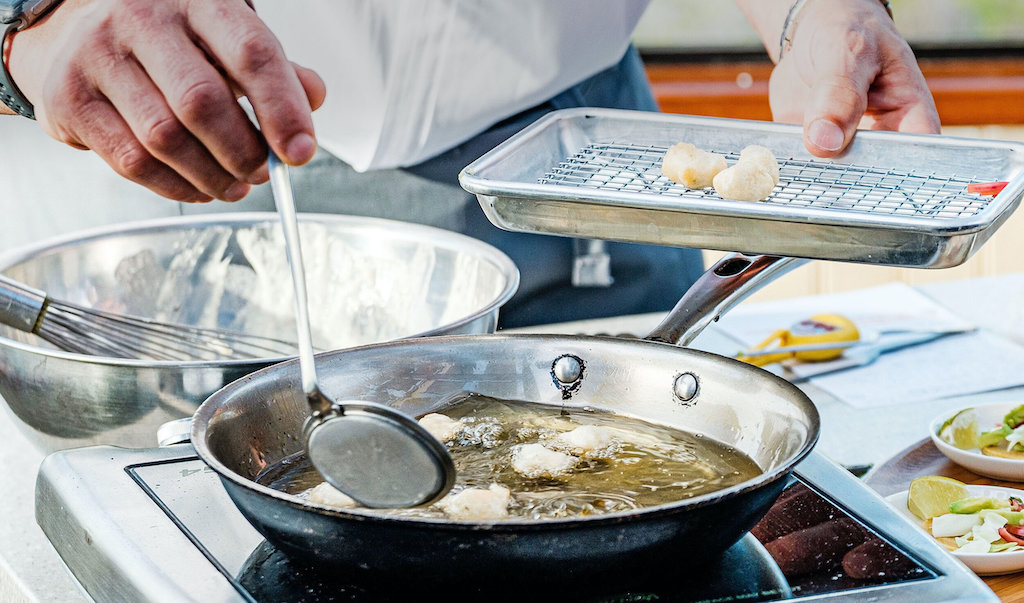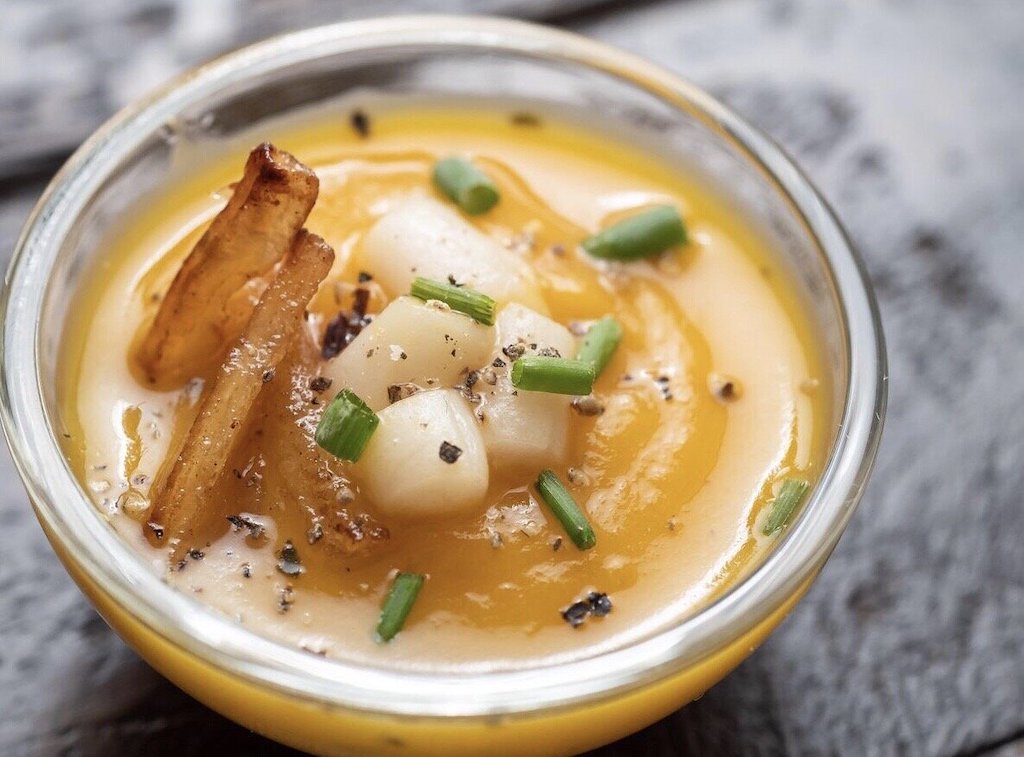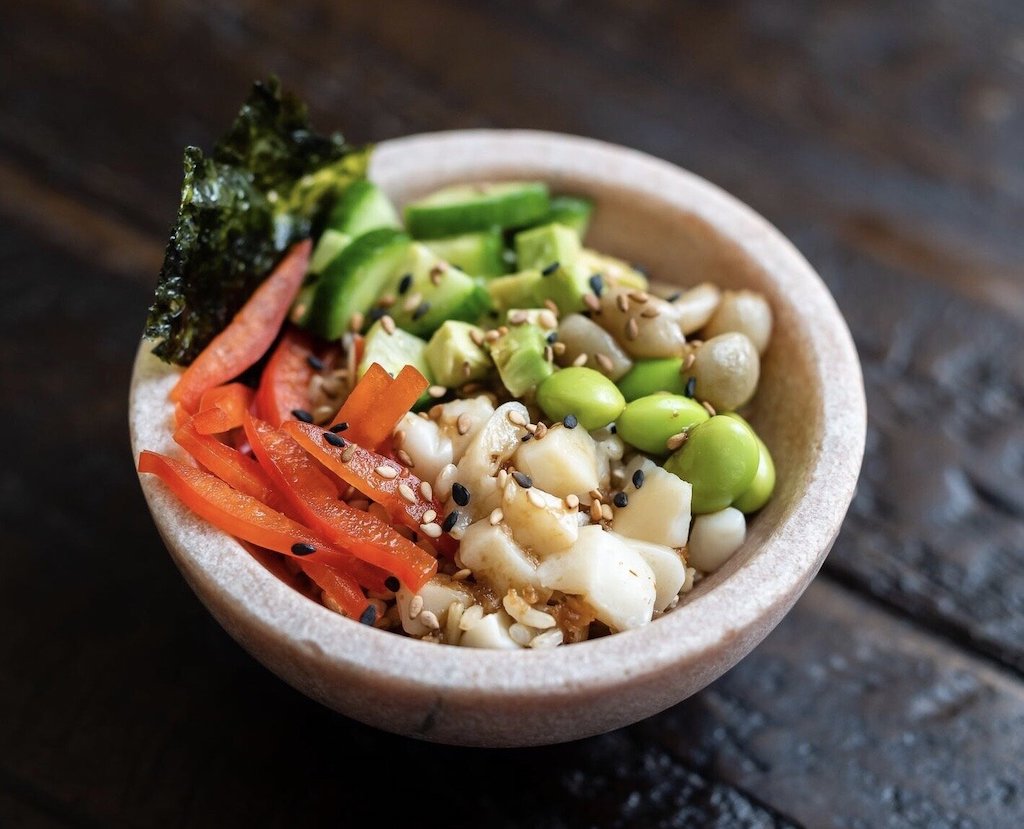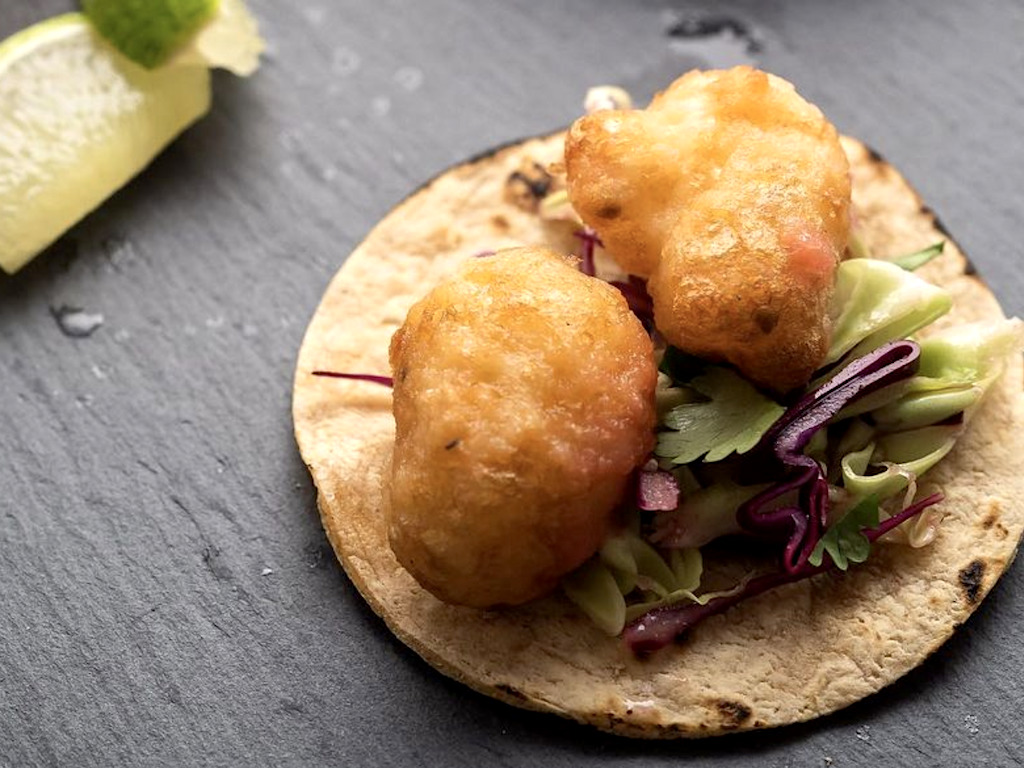4 Mins Read
BlueNalu has teamed up with leading Asian seafood giants Thai Union and Mitsubishi Corporation to accelerate the launch of cell-cultured seafood across Asia-Pacific. The move is part of the Californian food tech’s Asia-focused strategy, given the strong potential to disrupt the fast-growing demand for seafood in key populous Asian markets with its sustainable cultivated alternatives.
BlueNalu has signed two agreements with Bangkok-headquartered global seafood producer Thai Union and Japanese conglomerate Mitsubishi, the firm announced on Wednesday (April 28). Both partnerships are designed to speed up commercialisation of BlueNalu’s variety of seafood products that are cultured directly from fish cells in Asian markets.
The startup says it is taking an Asia-forward strategy because of the region’s “high demand for quality seafood and the potential for diminishing supply to feed its population during the coming years.”
Cultured seafood is set to bring an additional solution to existing plant-based alternatives on the market to help meet the unsustainable demand for seafood across Asia and around the world – especially as more consumers look to displace red meat with fish, a trend that is set to plunder ocean fish stocks and exacerbate the environmental and human costs associated with the commercial fishing industry.

These [partnerships] will help us to accelerate our pathway to commercialisation and advance BlueNalu’s mission to provide the world with sustainable seafood options.
Lou Cooperhouse, President & CEO, BlueNalu
BlueNalu says that the two partnerships, which are independent from each other, will involve conducting market research to gather consumer insights from various regions and examining regulatory frameworks. It will also involve exploring further “business and product opportunities” that could help speed up the launch of cell-cultured seafood throughout Asia.
The move is part of BlueNalu’s overall global strategy to establish a number of joint ventures around the world in the key markets that it plans to operate. Among some of the collaborators that are already on board with the food tech include Netherlands-based Nutreco, Pulmuone in South Korea and U.S. firms Griffith Foods and Rich Products Corporation.
Commenting on its latest partnerships, BlueNalu president and CEO Lou Cooperhouse said: “We are excited by the collaborations with Mitsubishi Corporation and Thai Union, as these will help us to accelerate our pathway to commercialisation and advance BlueNalu’s mission to provide the world with sustainable seafood options that could provide so many benefits for consumers, our ocean and our planet.”

Our ability to make the biggest impact at BlueNalu will be in part due to collaborations with leading global organisations.
Lou Cooperhouse, President & CEO, BlueNalu
“We recognised early on that our ability to make the biggest impact at BlueNalu will be in part due to collaborations with leading global organisations that can facilitate the quickest and most efficient pathway to market possible, at the least possible cost,” Cooperhouse continued.
The news comes just months after BlueNalu made headlines for bagging US$60 million in financing, a record for the small but growing global cell-based seafood industry, which includes players like Hong Kong’s Avant Meats, Singapore-based crustacean maker Shiok Meats and San Francisco sushi-grade salmon startup Wildtype.
At the time, BlueNalu said that the proceeds would go towards constructing its 40,000-square-foot pilot production facility in his home city of San Diego, to start manufacturing its cell-cultured mahi mahi and premium bluefin tuna.
The startup also said the funds would speed up the completion of its FDA regulatory review and marketplace testing, ahead of its plan to launch its cell-based fish via foodservice channels in the U.S. by late 2021 – which would make it the first to do so in the country.

Regarding the next steps BlueNalu plans to take outside of the U.S., Cooperhouse said that the firm is “keen to continue working with industry partners in Asia and other markets, and we are actively pursuing opportunities to create such relationships worldwide.”
The firm’s CEO has also been engaging with international consortium groups, including Japan’s Cellular Agriculture Study Group at the Tama University in Tokyo, as part of a cohort of stakeholders from across academi, industry and regulatory agencies to explore pathways to bring cell-cultured foods to market in Japan.
For Japanese conglomerate Mitsubishi, it’s not the first time it has dipped its toes into the cultivated protein industry. In January, the firm signed an agreement with Israeli food tech Aleph Farms to bring its BioFarm platform that cultivates whole-muscle steaks to Japan.
Thai Union has separately launched its own plant-based venture in a bid to diversify its business portfolio in response to shifting consumer trends, and is currently developing a vegan shrimp alternative slated to debut later this year.
All images courtesy of BlueNalu.




